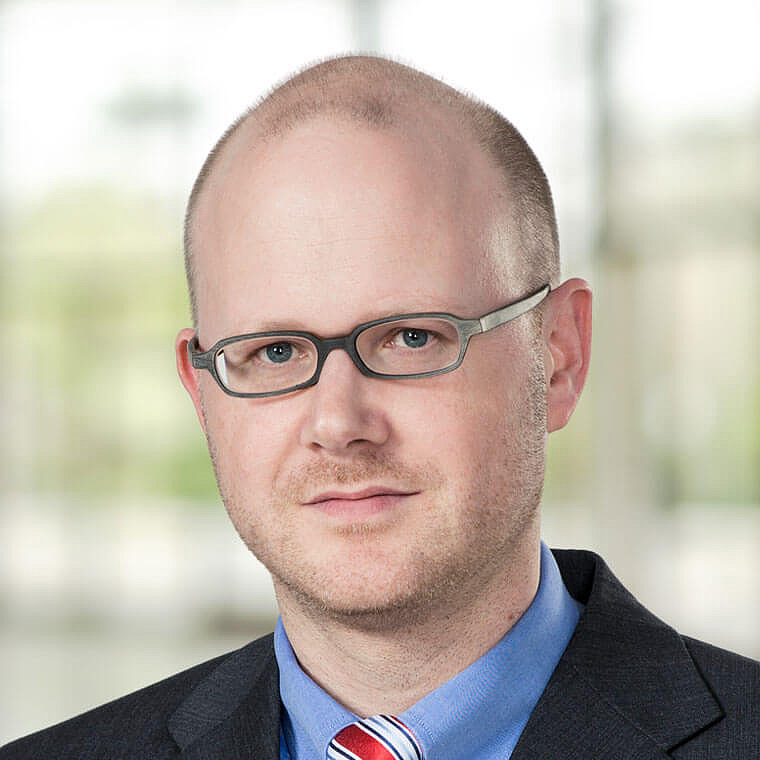Does my research come under the Nagoya Protocol?
Information and support for access and benefit sharing
The Nagoya Protocol is an international agreement that governs access to genetic resources. The basis for the Protocol, which came into force on October 12, 2014, is the 1992 Convention on Biological Diversity (CBD). One of the goals is for genetic resource use to benefit the countries from which those resources come.
Legal obligations for Nagoya-relevant research
Factors determining whether a research project comes under the Nagoya Protocol are:
- the resource in question,
- where it is accessed,
- and the type of research being done on it.
If a research project does fall under the Nagoya Protocol, access to the resource must be harmonized with any approval requirements of the country of origin. Generally, an agreement must be reached with that country before the project begins. The agreement encompasses PIC (prior informed consent) and MAT (mutually agreed terms) – the key words here are access and benefit sharing. The Protocol governs the conditions under which access to the material is granted, and especially how the donor country will participate in the research project and its leveraging. Participation can have monetary and non-monetary components. An example of the latter is close integration of partners from the country of origin in research activities.
Our Nagoya Protocol service
PROvendis offers researchers at North Rhine-Westphalia universities training to sensitize them to and inform them about Nagoya concerns. We also provide assistance in carrying out Nagoya projects.
This means:
- We check prospective research projects for Nagoya relevance.
- We negotiate conditions for access and benefit sharing.
- We completely document the process for the relevant authorities.
Would you like to arrange a training session or individual consulting? Dr. Wolfram Schleich is our contact person and would be happy to help you.
The North Rhine-Westphalia Rectors’ Conference is funding this service as a pilot project.
